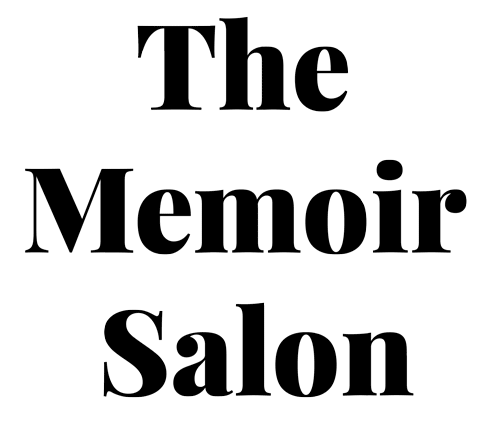7 excuses you may use for not starting on your memoir:
Excuse #1 ‘… but overall, my life is pretty ordinary’
In my first year at a filmmaking school (long time ago) one of our first assignments was to capture the portrait of an individual. Most of us found ‘interesting characters’ such as hobos, flamboyant celebrities or ‘bohemian’ poets (my choice) and off we want carting a giant wooden tripod and a heavy spring-wound 16mm Bolex camera (no battery, no microphone either) with a film reel limited to 28-seconds, to shoot our masterpieces (you would’ve had to be very crafty to get another reel for the task, on our limited budget). When the films came back from the lab, we watched our work. Most of the ‘interesting’ subjects didn’t get to show any of their character within the 28 seconds. The only portrait I still remember vividly was shot by the class clown, a lanky tall guy (his name I forgot) who went to a Chinese restaurant and trained his camera on the cook. There was something captivating in the simple rhythm of the cook’s hand in the fast action of flipping ingredients in a wok, his eyes focused on the spatula, and at the end of the shot, the cook looking at the camera and bursting into (mute) laughter, sensing the absurdity of the situation, a wide-toothed grin which, having exceeded the 28 seconds, faded into fog at the end of the reel, adding a surreal dimension to the scene. I had learnt my first lesson about the poetry in the mundane. (I could add another learnt lesson to that, brevity, as imposed by the one-reel/one-chance, 28-seconds. But that’s a topic for another post).
The summary of an academic paper titled The mundane, the Existential, and the Poetic, states that Rich Furman, the author “… explores how paying attention to what is mundane can help lead the poet towards confronting existential truths.” Which suggests that very often, a memoir depicting mundane objects, events and relationships can bring us closer to authenticity. A great example of that is A.B. Facey’s memoir, A Fortunate Life.
We have to remember that we are talking here about ‘the poetry’ of the mundane, as opposed to pasting all our random diary entries into one long manuscript. That is, we ought to write observations of our experiences within the wider world with a personal perspective and framed by a theme. All elements of writing intersect, but I will now end this blog, having tried to explain my earlier point.
Greetings, till next
As we write what we know, we learn what we don’t

